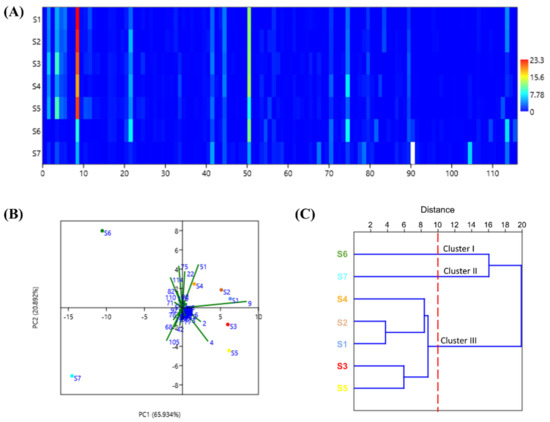Customer Publication

Essential Oils from Zingiber striolatum Diels Attenuate Inflammatory Response and Oxidative Stress through Regulation of MAPK and NF-κB Signaling Pathways
Journal: Antioxidants (2021)
Institution: Guangdong University of Technology
Research Areas: Inflammation
Cell Lines: RAW 264, 7 (Human macrophage cells)
Summary: Zingiber striolatum Diels (Z. striolatum), a widely popular vegetable in China, is famous for its medicinal and nutritional values. However, the anti-inflammatory effects of essential oil from Z. striolatum (EOZS) remain unclear. In this study, EOZS from seven regions in China were extracted and analyzed. LPS-induced RAW264.7 cells and 12-O-Tetradecanoylphorbol 13-acetate (TPA)-stimulated mice were used to evaluate the anti-inflammatory effects of EOZS. Samples 2, 4 and 5 showed the best capability on DPPH radical scavenging and NO inhibition. They also significantly reduced the production of ROS, pro-inflammatory cytokines, macrophage morphological changes, migration and phagocytic capability. This research unveils the antioxidant capability and potential molecular mechanism of EOZS in regulating inflammatory response, and suggests the application of EOZS as a natural antioxidant and anti-inflammatory agent in the pharmaceutical and functional food industries. HoloMonitor M4 was used to study the morphology changes in LPS-induced RAW264.7 cells.